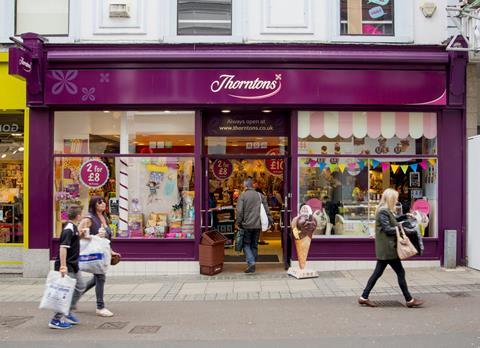More than 1,600 building firms have gone bust since pandemic began last March
The number of construction firms collapsing into liquidation in the past year has outstripped those in hospitality and retail – two industries previously thought to have fared worse since the pandemic began.
As the first anniversary of the first lockdown approaches next week, new figures show that more than 8,000 firms went bust in the 10 months between March last year and this January, when a third national lockdown to deal with the covid-19 crisis was ordered.

In all, 1,634 firms in construction went under during the period, more than the 1,378 who sank in hospitality and the 1,355 who collapsed in retail.
Insolvency specialist Business Rescue Expert said it put together the figures using statistics collected by the Office for National Statistics and Insolvency Service.
In its report, called the Year of Lockdown, the firm added: “The halting of various building projects, both large and small scale, have badly damaged the construction industry over the previous 12 months.
“This might seem surprising given the historic damage experienced by the hospitality and retail industries but these have been well publicised and several were more visible to the public as an empty shop unit will be more noticeable than an empty building site.”
The firm’s insolvency director Chris Horner warned this year could be worse for business collapses with a range of state measures to keep firms afloat due to end in the coming months.
He said: “Government support in the form of backed loans, furloughs and the temporary ban on winding-up petitions and other creditors actions are all expected to end sometime in 2021.
“Bounce Back Loan repayments and others will begin to come due, businesses will have to decide if they can re-employ or redeploy their furloughed workers and creditors that have been under severe financial pressure themselves will finally have the ability to look for repayments that might be critical to their own survival.”
Business Rescue Expert said the hardest hit region for all insolvencies by any sector was Yorkshire and Humber with 1 in 115 firms per 10,000 companies going bust.
It added that £453m was paid out in redundancy pay and other benefits during the period, the highest amount for a decade and a 31% rise from 2019.


























1 Readers' comment